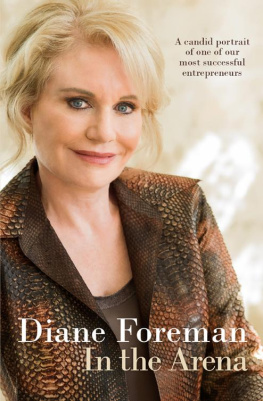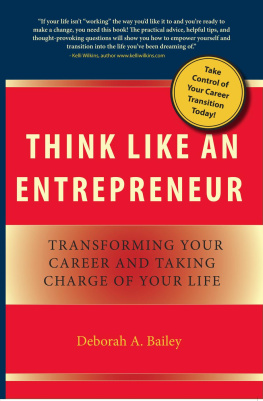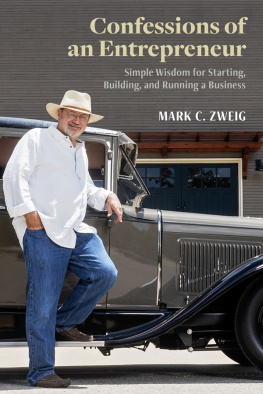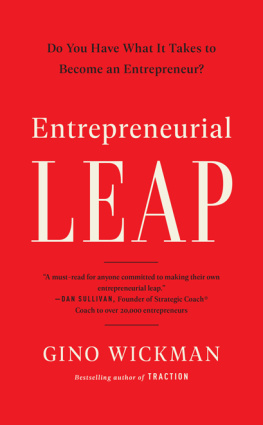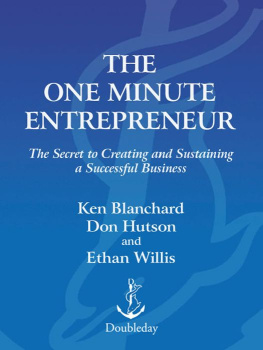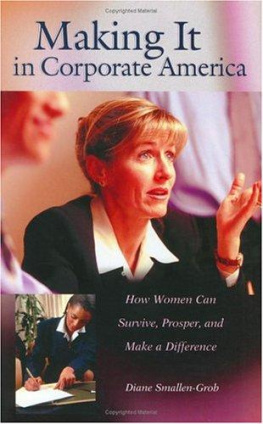International business leader Beth Brooke-Marciniak, Global Vice Chair of Public Policy, EY
I first met Diane Foreman at the EY World Entrepreneur Of The Year Awards in 2013 in Monaco an event she refers to as a cross between the Olympics and the Oscars. As the 2009 New Zealand EY Entrepreneur Of The Year, Diane was already a force on the global stage among entrepreneurial leaders. But I was particularly impressed by her personal journey.
Hers is a rags-to-riches story filled with inspiration for all of us. A high-school dropout at 15, a single mother in her twenties, Diane eked out a living as a typist and waitress. She fills us in on how she became a businesswoman, canny investor, ice cream empire builder, state-of-the-art surgical hospital founder and boutique hotel owner. And, as she prepares to take a year off for her overseas experience, she looks back at having created and run businesses in 35 countries, with more than 4000 franchise network employees.
Today, Diane is acknowledged by Forbes magazine to be one of the most powerful women in Asia and a great champion of global entrepreneurship particularly of entrepreneurship for women.
As readers will discover, Diane believes entrepreneurs are born, not made. She believes entrepreneurship is in her DNA. At 10, she was selling eggs laid by her own hens, learning about input costs (chicken feed), packaging (recycling used egg cartons) and distribution (selling door-to-door). Diane recalls that her marketing strategy was crystal clear: undercut the supermarket price. At 13 she set up her first franchise and recruitment operations: a babysitting circle. Diane arranged babysitting jobs for 10 of her friends and took a commission on their earnings.
For Diane, entrepreneurship comes from something deep inside which is then honed by an attitude towards life that embraces risk and learns from experience.
Failure is one of those challenges and Diane is candid about how to handle what is an inevitable part of every successful entrepreneurs business life. Her advice is invaluable: Feel the fear but do it anyway. She shares the words of Thomas Edison, who invented (among many other things) the light bulb: I have not failed. Ive just found 10,000 ways that wont work.
And if things dont go exactly as planned, its really all about how you pick yourself up and continue that is most important. Coping with a crushing defeat, learning from it, and going on to play another game that process is one of the things she admires most about New Zealands team-sport culture. Diane believes, as do I, that those same lessons apply to business. As a former athlete, I know I learned 10 times more when I lost than when I won. I love that Diane shares her most intimate experiences to inspire us all to learn from our mistakes and to keep moving.
This book is a wonderful collection of advice, both strategic and practical, for women entrepreneurs. One of my favourite chapters is the last, entitled Foremans Fast 50 a compendium of the wisdom Diane has acquired in the course of a remarkable career. And I particularly like her final tip: Ladies, let the ladder down!
Diane is all about leaving the ladder down, helping other women succeed. I have spent time with Diane in her native New Zealand as we launched our EY Entrepreneurial Winning Women programme. I witnessed her iconic impact on the aspiring women entrepreneurs there. She is creating a sustainable community of women entrepreneurs in New Zealand and around the world through the reach of her words.
Diane Foreman is a selfless role model for me and other women, and I am so glad she is telling her story. So many women entrepreneurs around the globe already cherish her message. We all want to know how she did it. How did she succeed? How did she fail? This is authentic advice from one of the worlds most authentic business leaders, invaluable to all entrepreneurs.
Following Dianes example, let me offer a final piece of advice: Ladies and men read this book! Learn from Dianes experiences as you strive for your own entrepreneurial success. Diane has left the ladder down for all of us to climb up a bit quicker.
Beth Brooke-Marciniak
Global Vice Chair of Public Policy, EY
Named by Forbes magazine in 2015 and for several years previously as one of the worlds 100 most powerful women, Beth Brooke-Marciniak is responsible for shaping EYs position on public policy. She worked at the US Department of the Treasury during the Clinton Administration, serves on the Womens Advisory Board of the World Economic Forum and is co-chair of the International Council on Womens Business Leadership, founded by former US Secretary of State (and 2016 presidential candidate) Hillary Rodham Clinton.
Being an entrepreneur is what I am; its not just what I do. Its in my bones I think it may even be in my very DNA. For me its never about a single product or service. Its about having a mindset, a passion and a vision to see an idea with potential; put together a deal; find, motivate and lead the best people; always exceed my customers expectations; and create something from nothing.
But although I say its in my DNA, I will never actually know whether its something I have inherited. After all, I wasnt born into a business dynasty. In fact, I was adopted into an everyday Auckland working family. My father was a fitter and turner, and my mother was a telephonist. They raised me well but didnt believe in anything more than a basic education for girls. I left school on the day I turned 15, without School Certificate but knowing how to type and take shorthand.
My first job was as an office junior for a firm of accountants; I made the tea and collected the mail from the post office three times a day. The highlight of my day was relieving on reception between 1pm and 2pm, where I developed what my children refer to as my telephone voice.
It was all very ordinary and, in fact, something of a battle until extraordinary things started happening. By my thirties, I was in charge of Trigon Packaging Systems Ltd, a global manufacturing business with 1000 staff and six plants in the US, the UK and New Zealand. When I led its $130 million sale in 1995 it was one of the biggest private company deals in New Zealands history.
I was blessed with my marriage to Bill Foreman, Trigons extraordinarily entrepreneurial founder who became my husband in 1988. As my partner and mentor, Bill has had a profound influence on my life and business career. What I learned from him, and from Trigon, is that business is all about people and their training. And of equal importance to always exceed your customers expectations. Those principles drove me as I moved into the next phase of my career.

